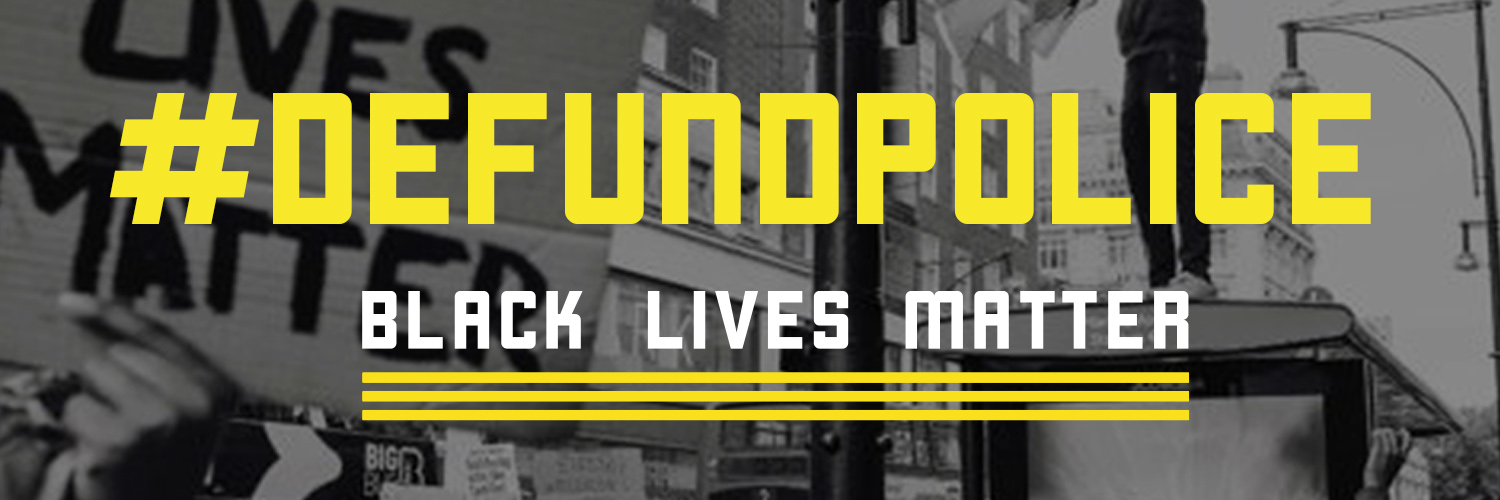Why to pray. Or something.
Pre-enlightenment, I was an Orthodox Jew. Orthodox Jewish prayer would probably strike most Christians as very odd. It consists of three prayer services a day (more on Sabbath and Holidays), and literally hundreds of pages of prescribed liturgy that must be said word for word according to which service is being done at this moment. There are time-frame restrictions as well; these may only be said until a certain time of the morning, those may not be said until an hour after noon, and then you have to wait another so many hours for the last set. Not to mention, you'd better have a pretty good command of biblical-style Hebrew (plus a side helping of Aramaic), if you want to have a prayer (heh) of knowing what you're saying.
Improvisation was most definitely not a factor. The performance art of the kind of preachers you see on TV has always been hilarious to me. For different reasons now, but even in my misspent youth I had difficulty imagining how any of the benefits of prayer accrued to stuff you were making up on the spot. There's so much of it already in the book! The bulk of what's in the book is said almost silently, to yourself, and it's pretty impressive how quickly you can zip through several full pages of it once you get some momentum going.
But you have to be paying attention! If you're not, to some extent at least, you will lose track. If you made it to synagogue for the service, someone is at the dais marking progress and opening the communal portions in call-response fashion. You have to be ready, and know where we are in the order of things. (A Jewish prayer book is called a "Siddur" which literally* means, "set in order".)
Outside the three or more daily services, there are literally hundreds of mini-prayers, most of them in the category called "Brachot" -- blessings. These are to be recited (verbatim, of course) in response to hordes of common things that happen each day. The instant you wake up in the morning, and the last thing before you fall asleep at night. Before eating or drinking: different ones based on what kind of food or drink you're having. After eating: based on what kind of food you just had. After going to the loo. Upon seeing a pretty tree, or a rainbow (different ones for each of those). Upon seeing a king or queen (OK some of them, not so common). If you didn't memorize at least the most frequently used ones you were in trouble. And if you weren't saying at least 100 of these a day, as I was taught, you were slacking.
I can't say I miss all this; I don't. Not a bit. But there was a benefit to it, one I don't turn my back on, even in my godless existence today. My mind can be a noisy place, and this kind of prayer is a sure-fire way to get some quiet. Meditation doesn't do it for me: to me that's like telling a toddler having a tantrum, "Please stop having a tantrum now." As opposed to finding something nearby and making it into a game, gently diverting the focus from the object of the tantrum to something else with some structure that requires enough attention to allow distractions to fall away.
Here's one (of literally hundreds!) that I find effective:
* - All uses of the word "literally" in this post are literally literal.

